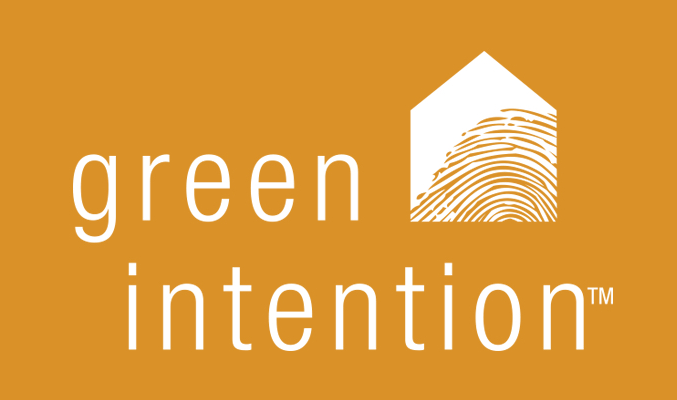What is a Home Energy Audit? Does not sound fun, right? It’s really just a guy (usually it’s a guy – women don’t seem to enter this field very frequently) who is
specifically trained and certified to be a residential energy auditor — which means he probably knows more than you do about the mechanics of your house. He will come to your home for 1 -3 hours, depending on the type of audit you request, and he’ll have some cool equipment like a big huge fan for the blower door test and infrared camera. Second, it’s easy: all you have to do is pick up the phone and schedule it; and most utility companies make it pretty inexpensive.
If you do an internet search for energy audits, you will find many, many companies that offer this service — for an average price of $700, according to the ServiceMagic website. But both Xcel Energy and Centerpoint Energy, who serve the majority of the population in this metro area, offer extremely subsidized energy audits.
There are various levels of energy audits, and the one that is right for you depends on how much you know already about leaky windows, insulation, and your HVAC system. Also, if you have ice dams, condensation or moisture issues, or troubling cold spots in the house, a more extensive energy audit would be recommended. Since I am located in Minneapolis, I’ll give examples unique to this city. Here’s what I found on the two utilities’ websites:
| Xcel Energy | CenterPoint Energy | |
| basic audit- walk through, visual inspection, basic recommendations | $30 | $25 |
| standard audit- basic audit + blower door test (to find the leaks) and a carbon monoxide test (to make sure your home is not poisoning you) | $60 | $100 |
| standard audit + infrared test*- wall/ceiling scans (to better isolate the insulation problems) | $100 |
*must be a temperature differential of around 30 degrees or more between the inside and outside, so spring and fall doesn’t usually work…even this winter of 2012 doesn’t work!
The other benefit of doing this through your utility company is that the utilities themselves offer rebates for most upgrades. Examples include up to $400 for a new central air conditioner or a tankless water heater. Most options can be found under the Database of Incentives for Renewable Energy (DSIRE) under State Utility Rebate programs. Unfortunately, federal tax credits for energy efficiency (with the exception of solar, wind, and geothermal heat pumps–which classify more as renewable energy) all expired at the end of 2011.
Getting an energy audit in and of itself, however, won’t save you any money whatsoever — you have to act on their recommendations. So, this advice comes early on as low cost thing to do, but really belongs in the bucket of increasing your awareness of how you consume energy, and what you can do to reduce your energy bill. (I had an energy audit conducted on our old condo, and felt very frustrated by the fact that they leave you alone with their recommendations — like a consultant that tells you what to do, but doesn’t help you do it!) Several of my later posts this quarter will address what most likely will be the energy auditor’s recommendations.

